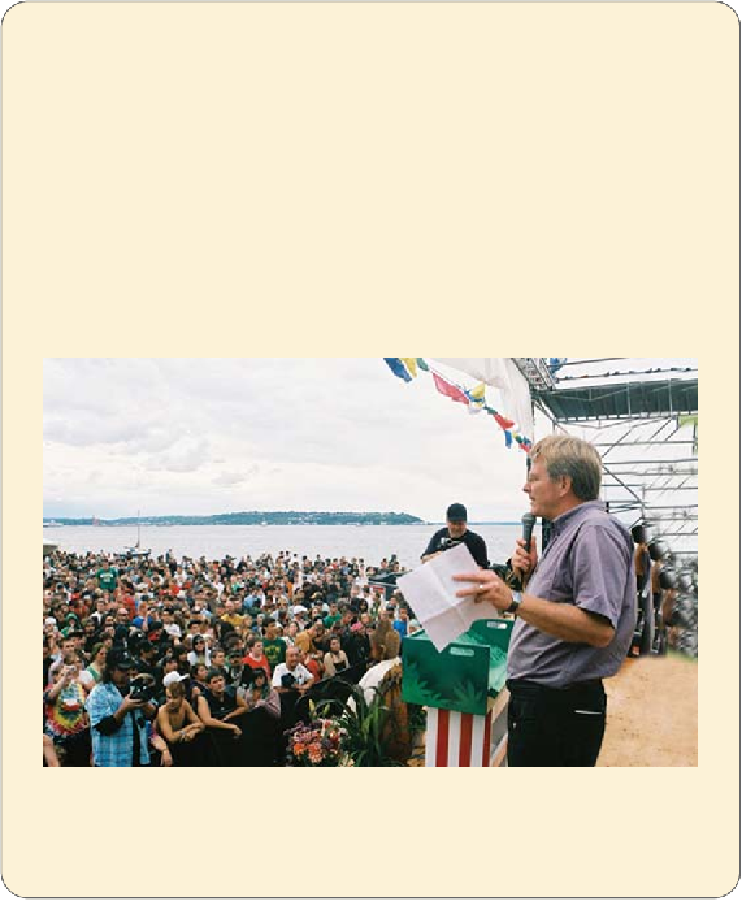Travel Reference
In-Depth Information
Travel teaches us a respect for history. And when it comes to drug policy, I hope we
can learn from our own prohibitionist past. Back in the 1920s, America's biggest
drug problem was alcohol. To combat it, we made booze illegal and instituted Pro-
hibition. By any sober assessment, all that Prohibition produced was grief. By crim-
inalizing a soft drug that people refused to stop enjoying, Prohibition created the
mob (Al Capone and company), filled our prisons, and cost our society a lot of
money. It was big government at its worst. Finally, courageous citizens stood up and
said the laws against alcohol were causing more problems than the alcohol itself.
When Prohibition was repealed in 1933, nobody was saying “booze is good.” Soci-
ety just realized that the laws were counterproductive and impossible to enforce. In
our own age, many lawyers, police officers, judges, and other concerned citizens are
coming to the same conclusion about the current US government-sponsored prohib-
ition against marijuana.
At Seattle's annual Hempfest, 100,000 people call for an end to America's prohibi-
tion on marijuana. On the main stage, I talk up Europe's more pragmatic ap-
proach to drug abuse.

